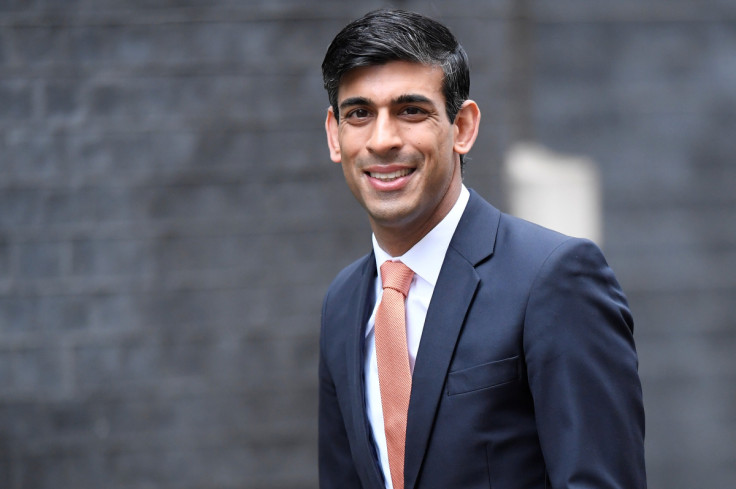Britain and Singapore announce new strategic partnership during G20 Summit
Prime Minister Sunak emphasised the significance of this agreement, highlighting the broader objectives of his international engagements, which prioritise the interests of the British people.

In a significant development during the G20 Summit in New Delhi on September 9, British Prime Minister Rishi Sunak and Singaporean Prime Minister Lee Hsien Loong agreed to forge a new strategic partnership between their respective nations.
This announcement marks a notable milestone in international diplomacy, with both leaders expressing their commitment to enhancing cooperation on multiple fronts.
One of the key highlights of this strategic partnership is the intention to negotiate a "new and modern" bilateral investment treaty. The treaty will be the first of its kind for the United Kingdom since the conclusion of Brexit.
The implications of this pact are far-reaching, as it is expected to instil greater confidence in Singaporean companies to invest in the UK and vice versa. The mutual investment boost holds the potential to stimulate economic growth and create employment opportunities in both nations.
In an official statement issued by Downing Street, Prime Minister Sunak emphasised the significance of this agreement, stating: "This new agreement with Singapore will take us even further in delivering our priorities and ensure that, as we map the future of the world economy, we are doing so alongside our closest partners."
This underlines the UK's commitment to pursuing international collaborations that align with its national interests.
Prime Minister Sunak also highlighted the broader objectives of his international engagements, which prioritise the interests of the British people. He emphasised the role of diplomacy in delivering concrete outcomes, such as deals to combat illegal migration, bolster economic security, and expand trade relations with global partners.
Downing Street emphasised that since Prime Minister Sunak assumed office, the UK has been actively forging both bilateral and multilateral partnerships. These endeavours include ongoing negotiations for a free trade agreement (FTA) with India, which, if successful, would be the first such agreement between India and a European country.
Beyond economic cooperation, the new UK-Singapore Strategic Partnership encompasses a wide spectrum of collaborative efforts. These include strengthening security cooperation, fostering innovation in science and technology, and advancing research and development initiatives. Of particular significance is the commitment to jointly address emerging threats in the realm of cybersecurity, with the establishment of a groundbreaking partnership between Singapore's new Digital and Intelligence Service and the UK.
Data from official sources underscores the importance of the UK-Singapore trade relationship, which is valued at a staggering £21 billion, accounting for a substantial 40 per cent of Britain's total trade with Southeast Asia. Additionally, Singaporean entities have invested a significant £226 billion in the UK, showcasing the depth and breadth of economic ties between the two nations.
Prime Minister Sunak's visit to New Delhi commenced with an interaction with students and staff at the British Council, accompanied by his wife, Akshata Murty. This visit served as a prelude to the official multilateral discussions scheduled for the following days at the G20 Leaders' Summit.
In a tweet, Prime Minister Sunak acknowledged the historical significance of the G20, reminding the world that it was fifteen years ago when G20 leaders first convened to rejuvenate global growth following the financial crisis. He expressed his belief that the G20 continues to hold the potential to address the formidable challenges facing the world today.
However, it is worth noting that during the G20 Summit, Prime Minister Sunak also raised concerns about China's perceived interference in British democracy.
This comes in the wake of reports that a parliamentary researcher was arrested earlier in the year on suspicion of spying for Beijing. Sunak, in no uncertain terms, described such interference as "unacceptable" and stressed the importance of safeguarding the integrity of parliamentary democracy.
In another significant announcement, Prime Minister Sunak pledged a record contribution of $2 billion from the United Kingdom to the Green Climate Fund (GCF) to combat climate change. The GCF, established following the Copenhagen Accord at COP15, represents the most substantial funding commitment the UK has made to address the global challenge of climate change.
Moreover, the pledge of $2 billion to the Green Climate Fund demonstrates the UK's dedication to tackling the urgent issue of climate change, reinforcing its commitment to global sustainability.
© Copyright IBTimes 2025. All rights reserved.





















